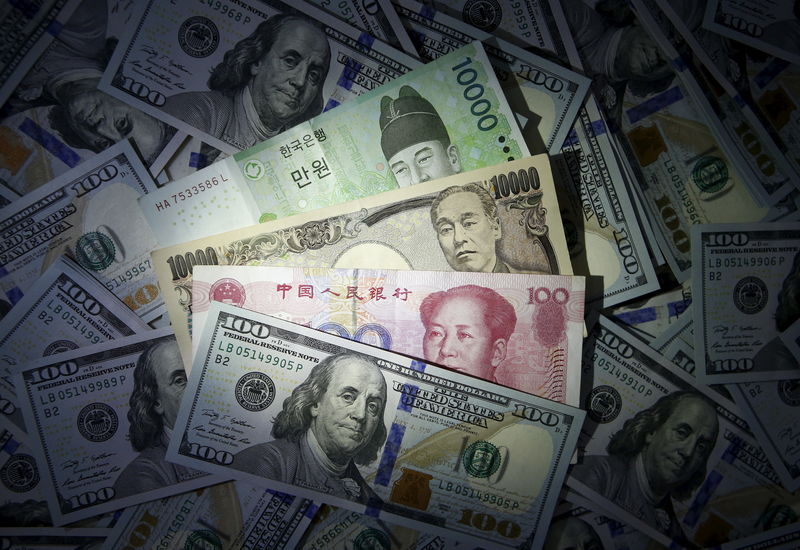EUR/CZK: Inflationary pressures and hawkish message from CNB could boost Czech Koruna

Prague. The Czech Republic is drawing the attention of investors in Central and Eastern Europe this week, as June inflation data and the minutes of the Czech National Bank’s (CNB) latest monetary policy meeting are expected to shape the outlook for interest rates in the coming months.
Analysts expect the June consumer price index (CPI) to rise from 2.4% to 2.9% year-on-year, reflecting that price pressures may have peaked over the summer. However, forecast models show a high degree of uncertainty, with some indicators tilting to the downside while others point to a slight rise in inflation.
Cautious but hawkish stance from CNB
In an interview earlier this week, Governor Aleš Michl stressed that the CNB could keep interest rates on hold for an extended period, reflecting its cautious stance as inflation remains close to target. He also confirmed that the messaging at recent meetings has been “intentionally toughened” to keep inflation expectations in check.
The monetary policy minutes, due for release on Tuesday, will be the focus of market attention. Investors will be closely watching for details of the board’s internal thinking, especially on potential inflation risks and factors that could change the policy direction in the near term.
Czech koruna could continue to strengthen
If inflation data beats expectations and the CNB minutes continue to maintain a hawkish tone, analysts say the CZK could move closer to 24,500 against the euro in the short term. This would be the strongest level in many months and reflects growing confidence in the stability of Czech monetary policy.
At the same time, the EUR/CZK movement is also becoming an important indicator for assessing market expectations of a rate-cutting cycle in the region and the CNB’s ability to maintain policy independence relative to neighboring central banks such as Poland and Hungary.
Importance for regional investors
Close monitoring of Czech inflationary pressures and signals from the CNB is becoming essential for investors holding koruna-denominated assets, especially as global funds seek stability in emerging frontier markets. This week’s developments could shape not only CNB interest rate expectations but also affect the EUR, European interest rates and CEE capital flows.
